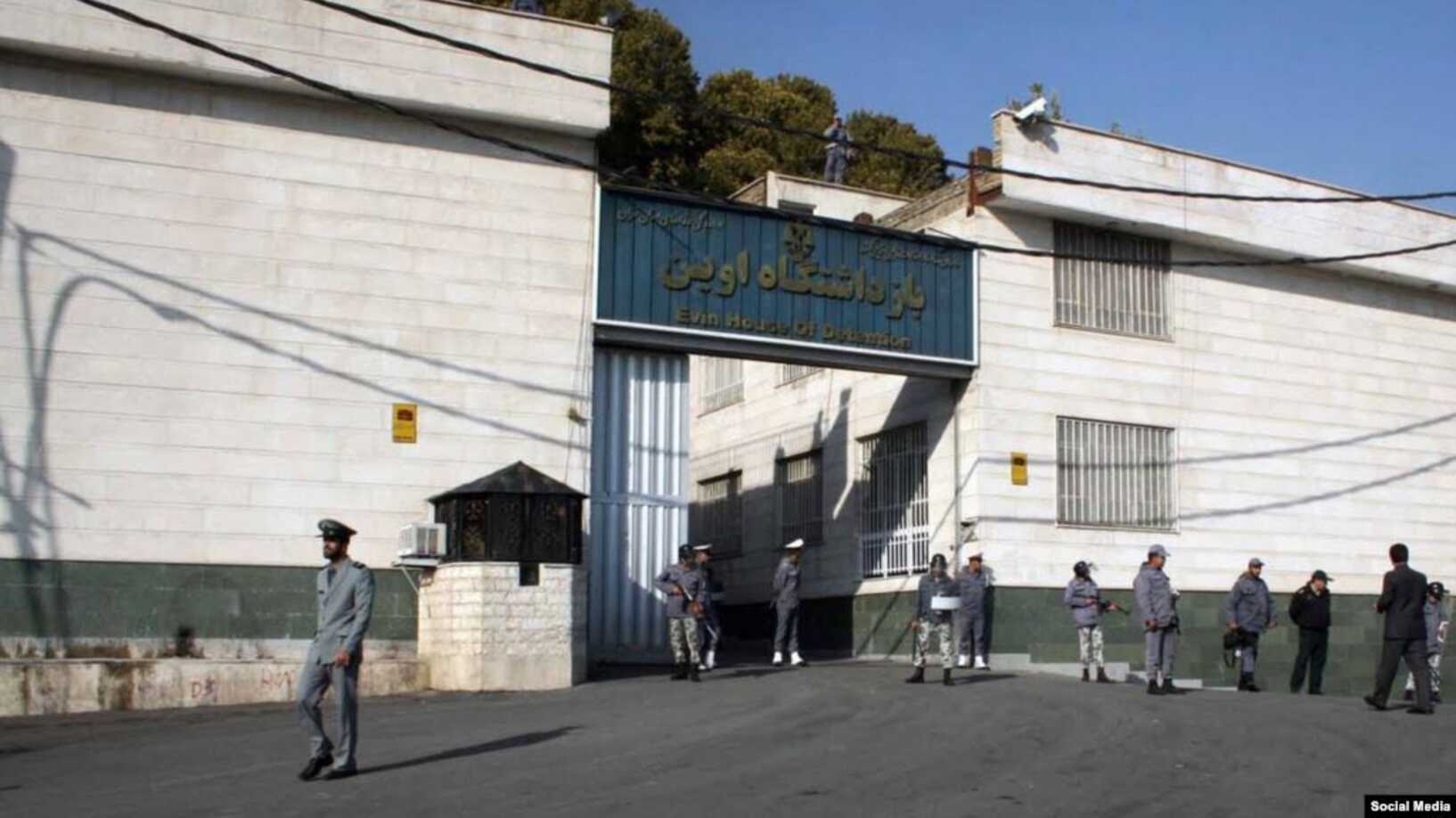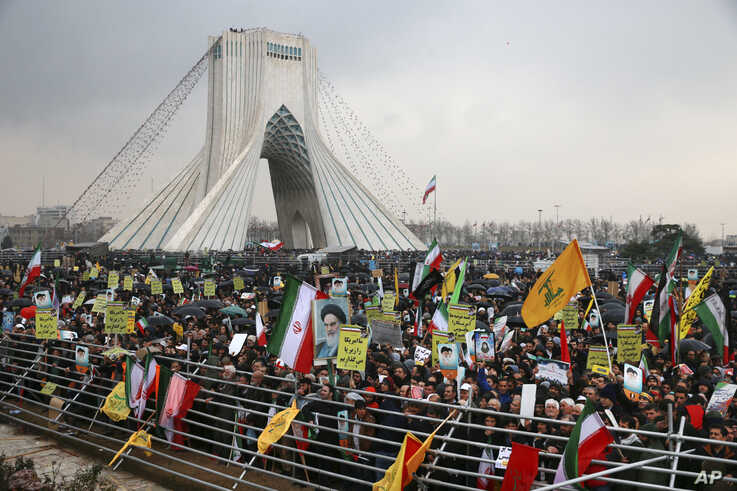Source: www.voanews.com
By Michael Lipin

WASHINGTON – An international organization representing Baha’is says it is extremely concerned about Iran’s ongoing detention of up to 100 Baha’is at risk of contracting the coronavirus in Iranian prisons.
In a VOA Persian interview on Monday, the Baha’i International Community’s chief representative to the U.N. in New York, Bani Dugal, said an estimated 50 to 100 Iranian Baha’is remain in Iran’s crowded and unhygienic prison compounds. Rights activists began reporting coronavirus outbreaks in such prisons in early March, before authorities began a policy of temporarily releasing tens of thousands of detainees in an apparent bid to prevent the outbreaks from spreading further in the prison population.
Dugal said Baha’is in Iran informed her organization that Iranian authorities released “about 20” members of the faith as part of the prison furlough policy in recent weeks. She said it was not clear why Iran chose to release those individuals and keep the other 50 to 100 Baha’is in jails.
“Because of the general prison conditions in Iran, we are extremely concerned about the remaining prisoners,” Dugal said. “We don’t know whether any of them have contracted the virus, because those details are hard to ascertain. But I’m sure they are vulnerable.”
Dugal also reiterated her organization’s long-held view that all Baha’is detained in Iran have been wrongfully imprisoned.
Iran’s Shiite Islamist rulers consider the nation’s estimated 300,000 Baha’is to be heretics with no religion. Rights groups say Iranian authorities routinely arrest minority Baha’is for expressing or practicing their beliefs and charge them with national security-related offenses without disclosing evidence.
Dugal said leading Baha’i International Community members have been asking U.N. officials including Geneva-based U.N. High Commissioner for Human Rights Michelle Bachelet to appeal to Iran to release all prisoners of conscience, especially Baha’is.
“Iranian Baha’is tend to be more vulnerable (to disease outbreaks) because their human rights already are violated in so many regards. So, they are doubly discriminated against, at times like this,” she said.
A member of a U.S. government body that monitors global religious freedom told VOA Persian that his organization also has been in “constant communication” with U.N. officials to make them aware of discrimination against Baha’is in Iran.
Johnnie Moore, a commissioner for the bipartisan U.S. Commission on International Religious Freedom (USCIRF), said ongoing abuses of Baha’i rights will make it harder for Iran’s leaders to persuade the international community to ease economic pressure on the Islamic republic.
“When they continue this absolutely inexcusable behavior and ask the world to treat them like a normal country, they are sending a mixed message and will find it is not acceptable,” Moore said.
“As they appeal for an emergency IMF loan and sanctions relief, the Iranians could send an incredibly powerful signal that they are trustworthy by releasing all the Baha’i prisoners in their country,” he added.
Moore pointed out that the architect who designed the Iranian capital, Tehran’s iconic Azadi (Freedom) Tower in 1966 is Hossein Amanat, an Iranian Baha’i who fled the country during its 1979 Islamic Revolution and settled in Canada.

Iranian authorities have been projecting messages of solidarity with other nations suffering from the coronavirus pandemic onto Azadi Tower in recent weeks.
“We need to stand in global solidarity, and I’m glad that the Iranians are doing that,” Moore said. “The irony is, that gigantic tower was designed and built by a Baha’i, and the Iranians betray their inconsistencies even in something like this. I appeal to the reasonableness of anyone that has influence to try to get these innocent people free.”
USCIRF uses its religious freedom findings to make policy recommendations to the U.S. president, State Department and Congress.
Leave a Reply